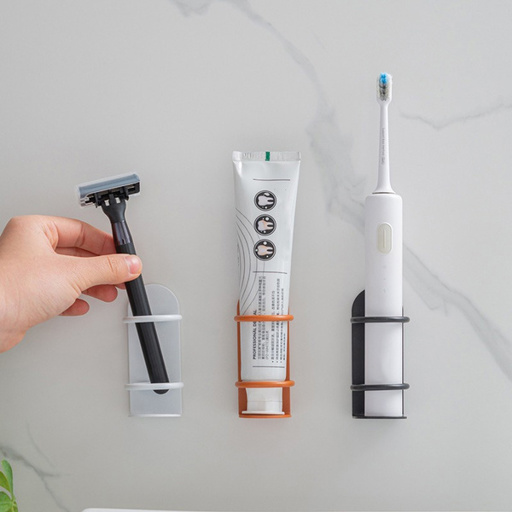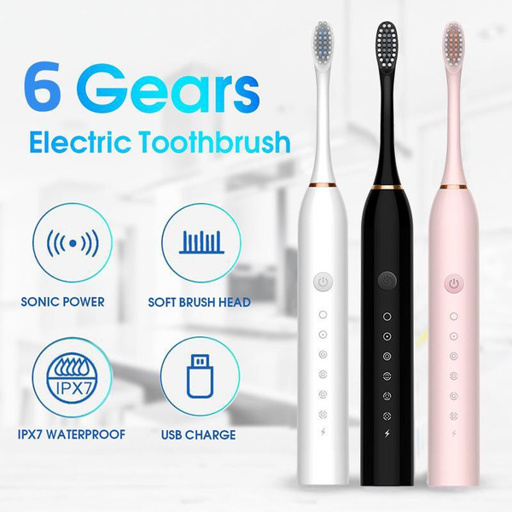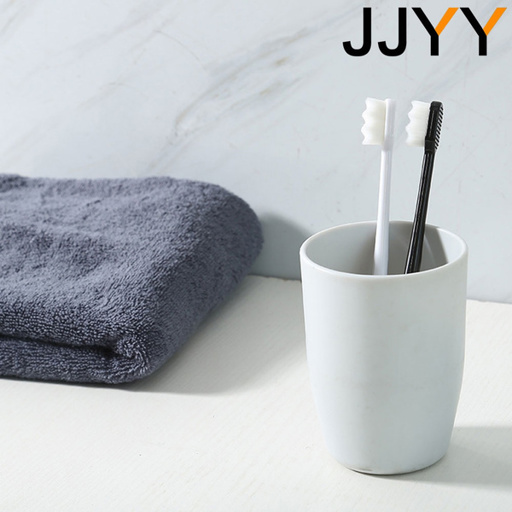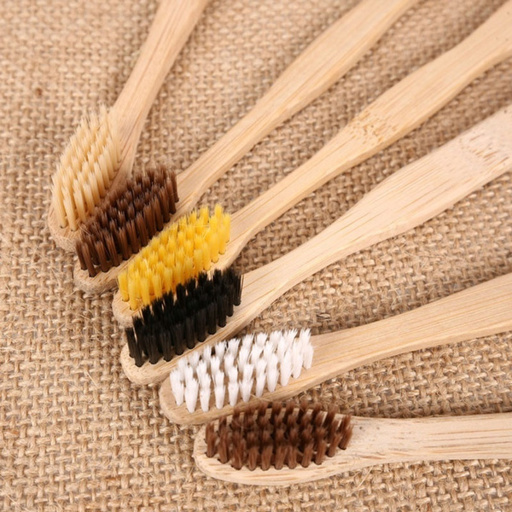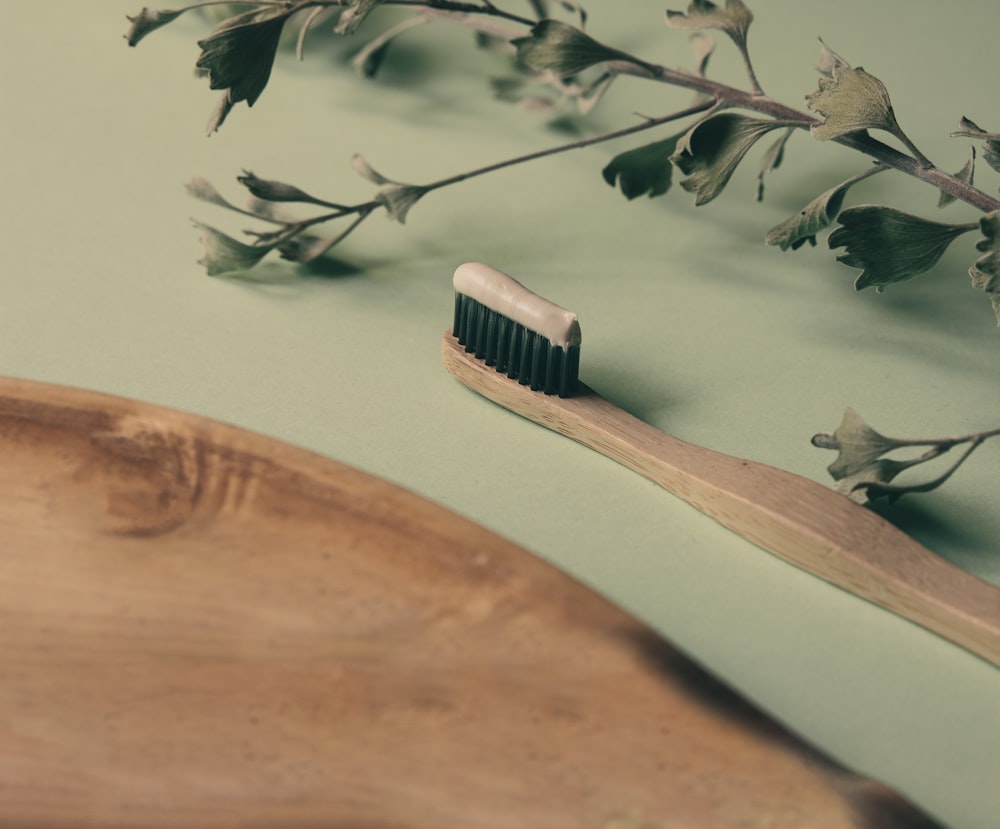Toothbrushes are essential tools for oral hygiene, designed to clean the teeth, gums, and tongue by removing plaque, food particles, and bacteria. Regular use of a toothbrush helps prevent dental issues such as cavities, gingivitis, and bad breath, contributing to overall dental health.
Types of Toothbrushes
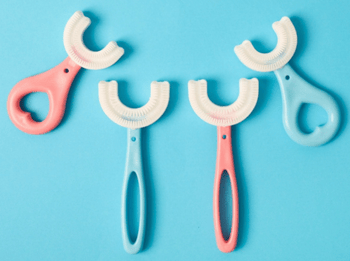
Toothbrushes come in various styles and functionalities to cater to diverse oral care needs. Here are the common categories:
Manual Toothbrushes: These are the traditional, non-powered brushes that require manual motion to clean the teeth. They come in a variety of bristle types, such as soft, medium, and hard, and feature different head shapes and sizes to accommodate various mouth structures.
Electric Toothbrushes: Powered by batteries or rechargeable systems, electric toothbrushes offer oscillating, rotating, or sonic vibration to provide a more thorough cleaning. They often feature built-in timers and pressure sensors for optimal brushing.
Interdental Brushes: Designed to clean between the teeth, these brushes have small bristled heads ideal for reaching areas that regular toothbrushes might miss, useful for individuals with braces or dental bridges.
Eco-Friendly Toothbrushes: For environmentally conscious consumers, these toothbrushes are made from sustainable materials such as bamboo and offer an alternative to plastic handles.
Travel Toothbrushes: Compact and often foldable, these toothbrushes are designed for on-the-go convenience without compromising oral care.
Children’s Toothbrushes: Specifically designed for younger users, these toothbrushes have smaller heads, softer bristles, and often come in bright colors or feature popular characters to encourage children to brush regularly.
How to Choose the Best Toothbrush
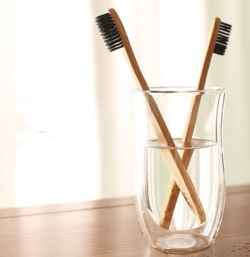
Selecting the right toothbrush involves considering several factors:
Bristle Firmness: Soft bristles are recommended by most dental professionals as they are gentle on the gums and enamel. Medium and hard bristles might be suitable for some individuals but should be used with caution to avoid damage.
Head Size: A toothbrush head that allows easy access to all areas of the mouth, including the back teeth, is ideal. Smaller heads tend to be more maneuverable.
Handle Design: The handle should be comfortable to hold and provide a firm grip. Some prefer handles with a non-slip surface or ergonomic design.
Special Needs: For those with specific dental work, such as braces or sensitive gums, specialized toothbrushes are available that cater to these conditions.
Electric vs. Manual: While manual toothbrushes can be effective, electric toothbrushes may provide a more thorough clean and are particularly beneficial for individuals with limited manual dexterity.
When selecting a toothbrush, it's important to consider personal oral health needs and preferences. Regular replacement of toothbrushes every 3-4 months, or sooner if the bristles become frayed, is essential for maintaining oral hygiene.
Toothbrush FAQs
What is the difference between disposable and non-disposable toothbrushes?
Disposable toothbrushes are intended for short-term use and are often used during travel or as complimentary items in hotels. They are typically less durable and are discarded after a few uses. Non-disposable toothbrushes are designed for longer-term use, with more durable materials and the expectation that they will be used for several months before replacement.
How often should I replace my toothbrush?
It is recommended to replace your toothbrush every 3 to 4 months or sooner if the bristles become frayed. Consistent replacement is important to maintain effective oral hygiene and prevent the buildup of bacteria on older brushes.
Are bamboo toothbrushes as effective as plastic ones?
Bamboo toothbrushes are equally effective as their plastic counterparts when it comes to cleaning your teeth. The primary difference lies in the material of the handle; bamboo being a sustainable and biodegradable option.
Can children use nano toothbrushes?
Yes, children can use nano toothbrushes, which are known for their extremely fine bristles that can clean on a microscopic level. However, it is important to choose a nano toothbrush specifically designed for children, with a suitable head size and handle for their smaller mouths and hands.
What are the benefits of using a bamboo toothbrush?
Bamboo toothbrushes offer environmental benefits as bamboo is a sustainable resource that is biodegradable. Additionally, they provide the same level of oral hygiene as traditional plastic toothbrushes when used properly.
How do I know if a toothbrush is too hard for my gums?
If you experience discomfort or notice that your gums are receding or bleeding after brushing, the toothbrush may be too hard for your gums. It is generally advised to use a soft-bristled toothbrush, especially if you have sensitive gums or teeth.
What are nano toothbrushes and how do they differ from regular toothbrushes?
Nano toothbrushes are designed with bristles that are significantly finer at the nano-scale, allowing for deeper cleaning between teeth and along the gum line. They differ from regular toothbrushes by potentially providing a more thorough plaque removal due to the increased bristle density and finer size.
Is it better to use a manual or electric toothbrush?
Both manual and electric toothbrushes can be effective for cleaning teeth. The choice between them often depends on personal preference, ease of use, and specific dental needs. Electric toothbrushes can be particularly beneficial for those with limited manual dexterity or who require additional assistance in brushing effectively.
Can I recycle my used toothbrush?
Recycling options for toothbrushes depend on the materials they are made from. Many toothbrushes are not traditionally recyclable due to a mixture of materials. However, some brands offer recycling programs or toothbrushes made with recyclable materials. Check with local recycling guidelines or the toothbrush manufacturer for specific instructions.
Are there any toothbrushes that are better for travel?
Travel toothbrushes are specifically designed to be compact and often come with features like foldable handles or travel cases, making them convenient for on-the-go use without compromising on oral care. Disposable toothbrushes are also an option for travelers who do not wish to carry a used toothbrush.

